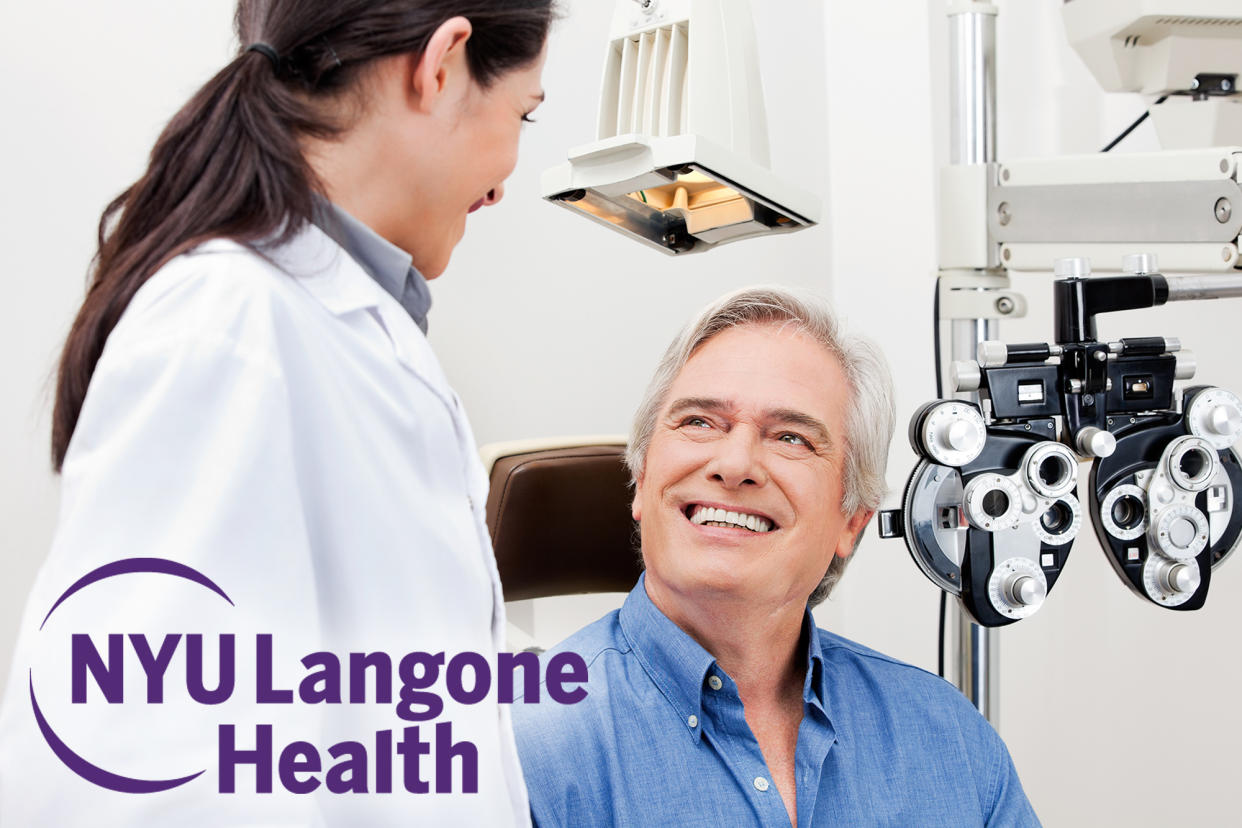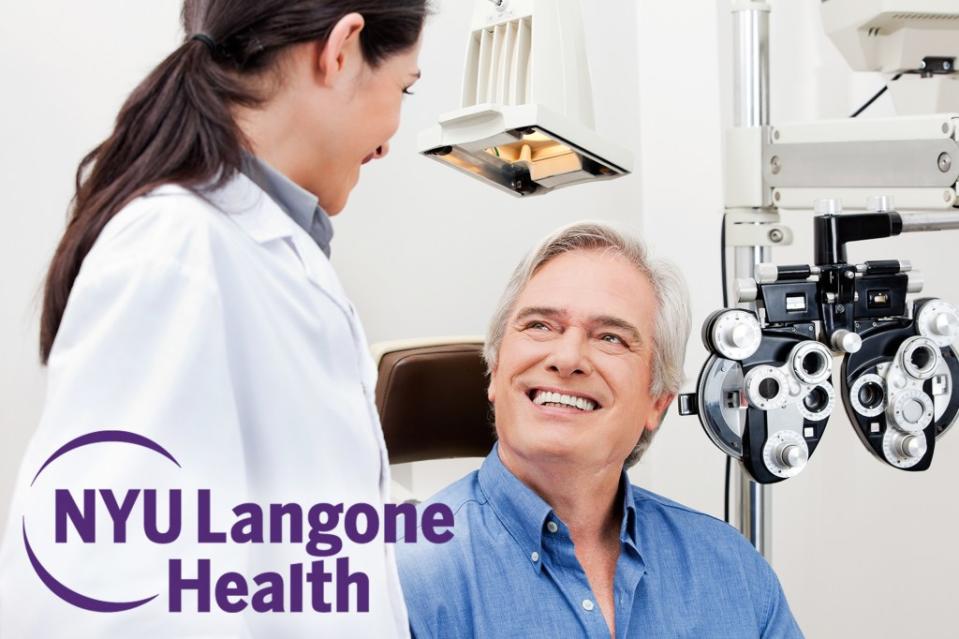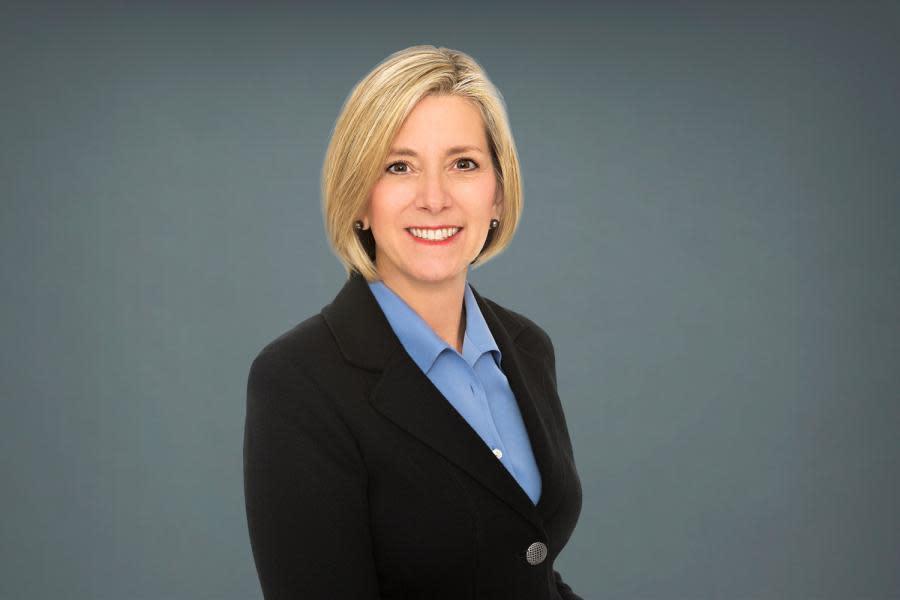Ophthalmologists provide complex eye care: When to see one and what to expect

We only have one pair of eyes, so it is important to keep them healthy throughout our lives. The eyes can give information about the health of the rest of the body. For example, the eyes can indicate if you have high blood pressure or diabetes. There are eye diseases, such as glaucoma, that have no symptoms in the early stages, so the only way to know if you have a problem is to have an eye exam.
Dr. Kathryn A. Colby, the Elisabeth J. Cohen, M.D., professor of ophthalmology and chair of the department at the NYU Grossman School of Medicine, offers insight on when you need more advanced eye care from an ophthalmologist and what you can expect during an eye exam.
Aside from getting my vision tested for a new pair of glasses, I’ve never seen an ophthalmologist. Can you help me understand the difference in the types of eye doctors?
It certainly can be confusing, especially since the names of the different eye doctors are similar. Ophthalmologists specialize in the medical and surgical care of eye diseases. To be an ophthalmologist, you must complete four years of medical school and a four-year ophthalmology residency. Optometrists attend a four-year optometry school after completing college. Ophthalmologists and optometrists often work together as part of an eye care team. Optometrists perform eye exams, prescribe glasses or contact lenses and can treat some eye conditions. If you need eye surgery, for cataracts for example, or have a complex eye disease, like inflammation within the eye, you need an ophthalmologist. Finally, opticians make and fit glasses, but do not treat eye diseases.

What’s involved in an eye exam, how long does it take and how often should I have one?
Eye-exam frequency depends on your age, family history and preexisting vision issues. Your doctor may recommend you have one every year or two. During an eye exam, we measure your vision and then examine your eyes from front to back, often requiring drops to enlarge your pupils. It can take 20 to 30 minutes for these drops to work and they can make you more sensitive to light for a while and blur your vision a bit. The doctor will then meet with you to review the findings and discuss a plan specific to your situation. A new patient eye exam with either an ophthalmologist or an optometrist can take two to three hours, but follow-up appointments are typically shorter.
How can I keep my eyes healthy?
It’s important to wear eye protection when doing activities that might harm the eye. Eye injuries are a common cause of preventable vision loss. Even something as simple as hammering a nail to hang a picture can cause a serious eye injury. It’s also important to control your blood pressure and blood sugar. A diet rich in healthy fats and green leafy vegetables (think: salmon and spinach) is good for the eyes. And don’t smoke! Smoking is associated with several serious eye diseases, including macular degeneration. Wearing sunglasses can reduce the risk of sun damage on the surface of the eye. Regular exams can detect an eye disease early.

Are eye diseases hereditary?
Some eye diseases run in families, including glaucoma and macular degeneration. Others, like cataracts, happen to almost everyone as we age. It’s especially important to have regular eye exams if you have a family history of eye disease.
How do I choose an ophthalmologist?
Your eyes are important, so take the time to find the right doctor to help you take care of them. When you go for a visit, does the doctor take time to address your concerns and make you feel comfortable? NYU Langone offers one of the most qualified ophthalmology departments in the country and a great reputation for quality and safety. Invest some time to find a great eye doctor who is the best fit for you.
Kathryn A. Colby, MD, Ph.D., is the Elisabeth J. Cohen, M.D., Professor and Chair of the Department of Ophthalmology at NYU Grossman School of Medicine. Dr. Colby is a corneal specialist, renowned for her leadership in the field and her research into an important eye condition called Fuchs dystrophy.

